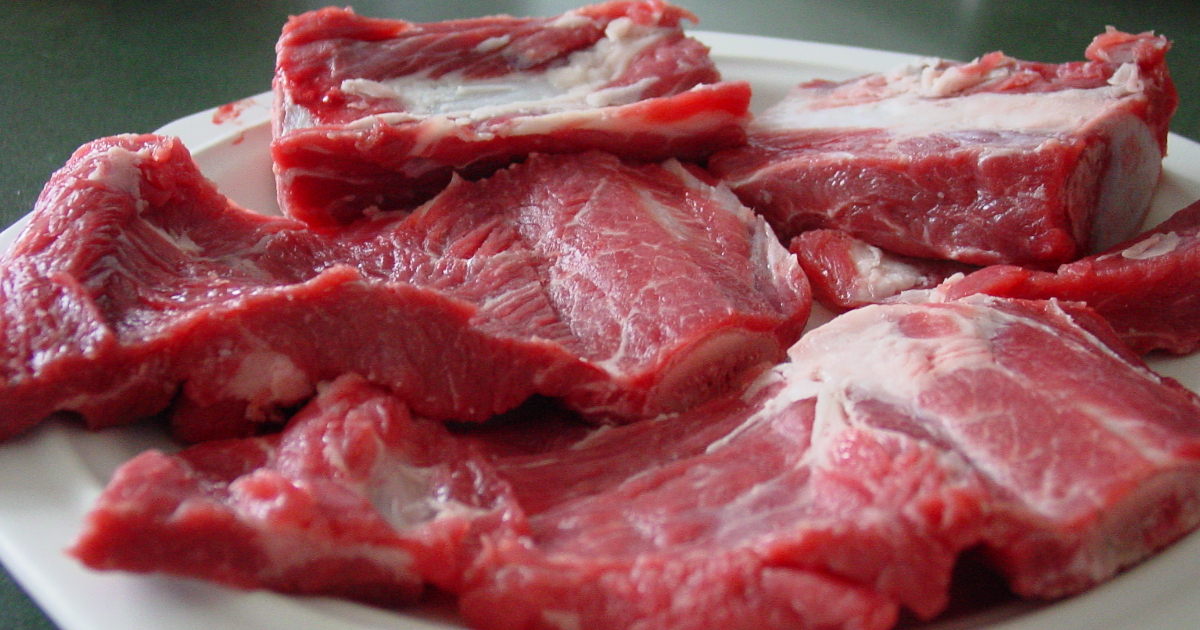
The Cuban Ministry of the Interior warned this week people who purchase beef on the black market, without knowing its origin, about the possibility of incurring the crime of "reception"; reported the official newspaper Granma.
"Crimes related to livestock not only include people who steal and slaughter the animal, but also citizens who buy the meat," the note stated.
According to the current Penal Code, the person who knowingly slaughters cattle, whether for sale or for own consumption, will be punished with deprivation of liberty for two to five years. while those who knowingly acquire meat from illegally slaughtered cattle will incur a penalty of imprisonment of three to nine months or a fine of up to two hundred and seventy installments or both.
But the new Penal Code, which will come into force in April, is proposed raise sanctions for the crime of illegal slaughter of large livestock. According to article 318.1 of the draft bill, anyone who slaughters larger livestock without competent state authorization will be punished with deprivation of liberty for three to eight years.
In addition, Idania Espinosa Pérez, a specialist on the Health Control front at the Ministry of Agriculture, pointed out that when the origin of the product is not known, the risks of consuming an animal that has suffered from brucellosis and tuberculosis, aggressive diseases to human health, increase. .
"When these requirements are not met, we run the risk of the blood not bleeding properly, and this results in its contamination; the blood accumulates and bacteria and microorganisms can proliferate," said Espinosa Pérez.
At the end of February of this year, the newspaper Invader, from Ciego de Ávila, reported that the provinces of Camagüey (235), Sancti Spíritus (1,746), Las Tunas (4,454) and Matanzas (1,212) had accumulated 7,647 cases of theft and illegal slaughter of large livestock during 2021.
"If criminals continue at this pace, 2022 could double 2021, which, in turn, doubled 2020... Everything indicates that the escalation is difficult to stop and that the sanctions of the courts, although excessive compared to other crimes, have not been able to contain this infraction," indicated the note from Invader then.
In addition, Cuban livestock farming is also experiencing a serious setback due to cattle deaths generally associated with malnutrition.
Sancti Spíritus, for example, which is one of the regions that must make the greatest contributions of meat and milk at the national level, record During 2021 more than 20,000 vaccine deaths and a decrease in mass by 8,254 heads; while the birth rate remained at 47 percent, with 5,062 fewer births compared to 2020.
The Cuban government approved, in April 2021, the free marketing of meat from small and large livestock to agricultural producers, as well as fresh milk and its derivatives, in order to improve food production and revitalize livestock farming, but So far the results have not been as expected.
The Cuban economist Pedro Monreal warned in December of last year that, since 1985, a quarter of the cattle herd has been lost in Cuba.
What do you think?
SEE COMMENTS (4)Filed in: